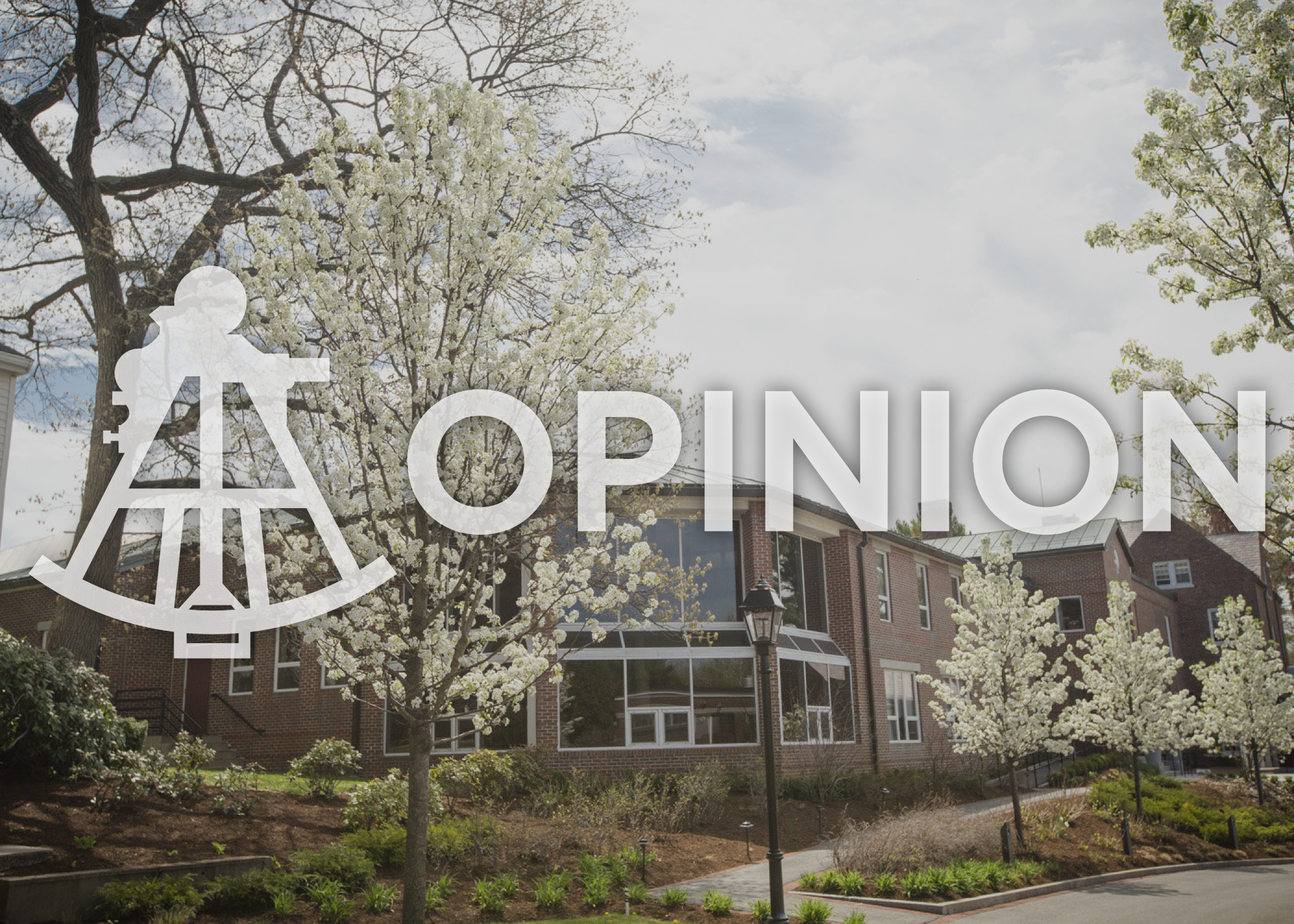Pulling up to the Belmont Hill parking lot on the first day of school, I looked at my car thermometer in disbelief: 97℉. My car thermometer often overestimates the temperature, but as I looked around, every single person wearing a dark blazer and tight necktie was sweating throughout orientation. As I was having my school picture taken, the complaints of nearby students were myriad: “Why do we have to be in school so early?”; “Public schools don’t start until after Labor Day”; “This is just Melvoin getting us back for those snow days, I know it.”
Though it was a bit unprecedented for school to start two weeks before Labor Day, we should count ourselves lucky; at least we’re not living in Chandler, Arizona, where the school year commenced on July 20th.
That’s right, July.
Believe it or not, starting classes in July isn’t terribly uncommon anymore. It may seem like cruel and unusual punishment to us New Englanders, but many counties in Indiana and Hawaii summoned students to hot classrooms just three weeks after Independence Day. Schools in Atlanta, Oklahoma City, and Monterey weren’t far behind, with classes resuming on August 5. Students in these areas do get out for summer break earlier than most – just before Memorial Day weekend – but is it really worth sacrificing the month of August?
While some administrators say yes, many certainly don’t think so. As I’m sure all Belmont Hill boys know, most students in the Northeast returned to classes the week of September 8, just after Labor Day. In Michigan, Minnesota, and Virginia, schools are actually banned from starting school before Labor Day thanks to tourism laws. After extensive winter and summer breaks in addition to many no-class holidays, it seems that college students hardly go to school.
So which system is best? If we look at the history of schooling, students around the country have enjoyed a June-to-September summer vacation for the past century. Before that, however, the academic calendar varied widely from place to place. In rural areas, students had only five months of classes in the summer and winter because they needed to assist their parents on the farm in the spring and autumn seasons. Alternatively, urban districts held schools open for 240 days each year, significantly longer than the public schools’ current 180-day calendar.
In 2015, the times seem to be changing once again, and there are many valid reasons to support the new calendar system. In public schools, teachers and students often feel that the month of June is wasted; teachers have already taught the bulk of the curriculum, the weather heats up, and kids are too restless and fatigued to learn. The new calendar solves that problem by completely eliminating the month of June. Starting earlier gives time for more breaks and possible snow days throughout the year, and thus more productivity during class.
Yet probably the paramount argument is that, under the new calendar, teachers will be able to teach all the necessary material before standardized tests begin in the spring. In search of more time spent learning in class, Belmont Hill has also changed the midyear exam schedule. Traditionally, Belmont Hill has given midyear assessments during the second week of January, but the Academic Policy Committee has been actively researching better ways to administer exams.
“This year, most students will have three regular exams before winter break and two projects due after the break,” says Mr. Grant, Dean of Studies. “We used to have almost twenty days dedicated to review and large assessments – far too much time outside the classroom. Hopefully, the new system will give the faculty more days to teach new material and will give students less stress during their vacation.”
So maybe starting earlier isn’t so bad after all. “School days are precious,” says Dr. Melvoin. “Last year 192 boys took at least one AP exam – we need academic days before early May, and [starting in August] gives us a full month in September…. It seems to some of [the faculty] silly to delay school until Labor Day just because it is ‘a New England custom’ and especially when it falls as late as it did this year.” When looking at the issue through this lens, perhaps conceding at least one week in August would be worth a 5 on an AP exam and a homework-free Memorial Day weekend.





